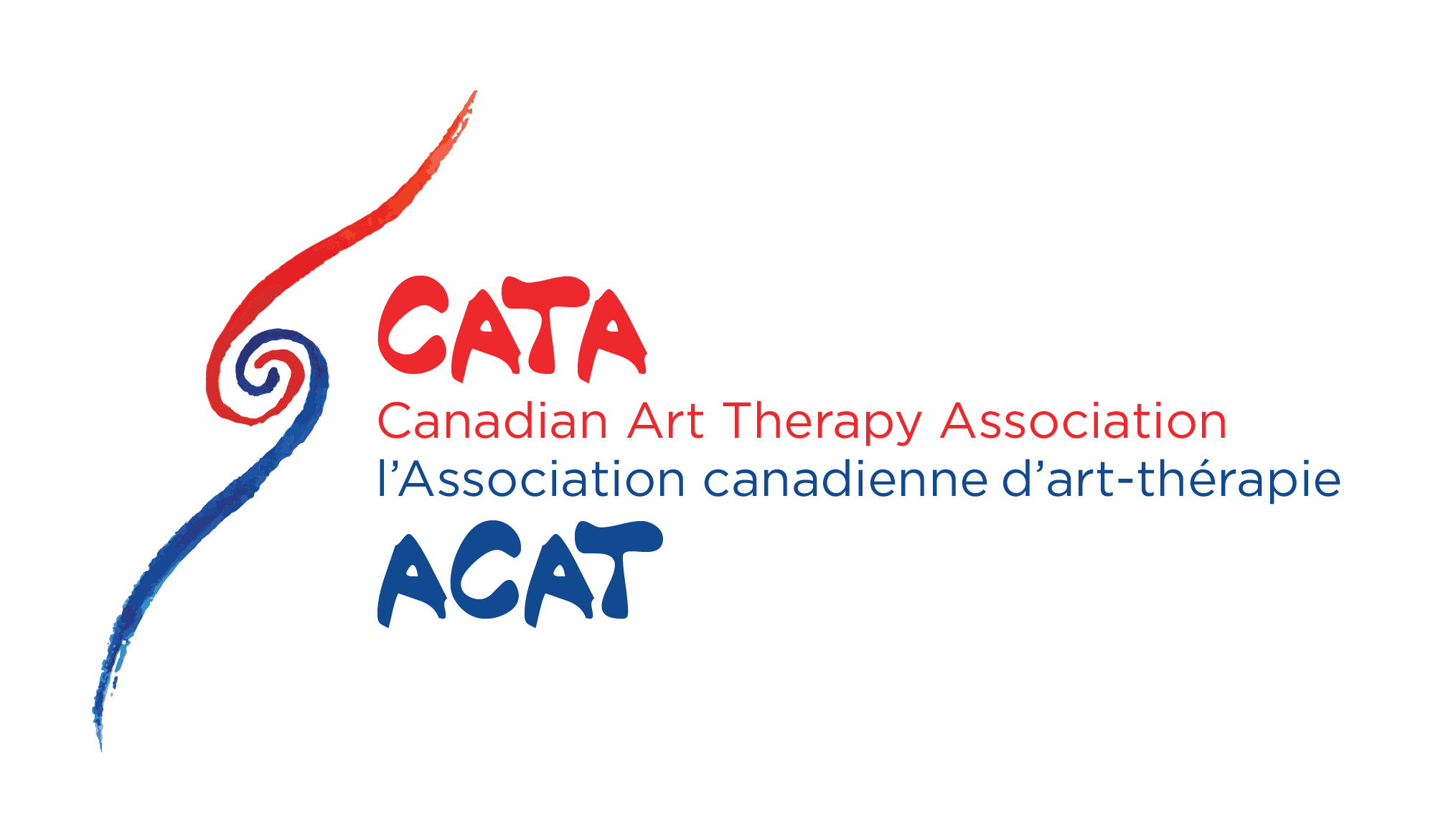Healing Through the Creative Process: Artwork in a Time of COVID-19
Making Space: Art and Social Justice Advocacy with Dr. Anah
By Chioma Anah, EdD, ATR, NCC, LCPC, Board-Approved Supervisor, ACS
Towson, MD
Editor’s note: Making Space is an ongoing column by guest writer Dr. Chioma Anah, who has over 15 years of counselling and art therapy experience, specifically using art as part of a healing approach and intervention to cultural and racial oppression. Her research interests are in social justice advocacy, racial microaggressions, and psychology of racism. She is a founding member and the first president of Maryland Counselors for Social Justice.
I have been quarantining with my husband in Maryland, USA since March 15th, and at the time of writing this article, it would be about 2 months. We have adhered to the stay-in-home guidelines, and only ventured out (masks and gloves on) to our local grocery store to buy provisions for 2 weeks at a time. It has been a huge life adjustment, but a necessary and comparatively small sacrifice to make, in order to save lives.
Thus far, almost 80,000 people have died from the coronavirus in the United States (1,053 in Maryland); we have 33 million people unemployed, and a 14.7% unemployment rate (the highest ever). As you see, we have both human cost and severe economic loss. People are suffering and dying, and it is inexcusable. Current data shows a disproportionate burden of illness and deaths amongst racial and ethnic minority groups (Nania, 2020). Blacks/African American make up most of the deaths from COVID-19. Health disparities African Americans face when dealing with the coronavirus are often due to unequal economic and social conditions, which have made it difficult to access resources and adequately respond to the outbreak of the virus. In fact, many of the essential workers such as bus drivers and other transportation workers, grocery store attendees, food and agriculture workers, and factory workers are Black, and many don’t know that they are infected and are scared to get tested or go to the doctors for fear of the cost. COVID-19 has again sadly exposed social injustice issues in Black communities.
Artwork in a Time of COVID-19 (#3)
In addition, the disastrous response to COVID-19, and the consequences for the mismanagement of the pandemic has further caused trauma, panic, and anxiety for many people. With this virus, unpredictable and widespread changes are taking place in the vary structure of our lives, and many of my clients are scared, exhausted and really struggling to see the light at the end of the tunnel. More than ever, clients require a safe space for listening, coping and survival, healing, and working towards flourishing within the confines of a changed world. As a counselor and art therapist, I am working to provide such a space for them albeit, virtual. Sad to say, but the mental health consequences of this pandemic will be with us long after the virus has gone, and accommodations have to be made for this.
Artwork in a Time of COVID-19 (#4)
Personally, it has been tough to be in a creative spirit when the world seems to be falling apart all around. The staggering amount of lives lost has left me feeling sad, as I believe such losses could have been avoided. I’ve had to work on providing myself that same enriching space for processing and healing that I’ve offered my clients in session. I started reading The Creative Process by Brewster Ghiselin, which changed the way I looked at the process of art-making. Interestingly, Ghiselin suggests that creating requires attention during times of disaster and pain, and that the creative process is literally the process of change, of development, of evolution, particularly in times of extreme emotional pain and world crises. Understanding this made it necessary for me to produce some artwork. For me, the emotions I was experiencing during this time of uncertainty and loss could be soluble, in part through the process of creativity. So I went to work. I would like to share here two digital pieces from my collection of Artwork in a Time of COVID-19.
Reference:
Nania, R. (2020, May 8). Blacks, Hispanics hit harder by the Coronavirus, early U.S. data show. AARP. https://www.aarp.org/health/conditions-treatments/info-2020/minority-communities-covid-19.html



